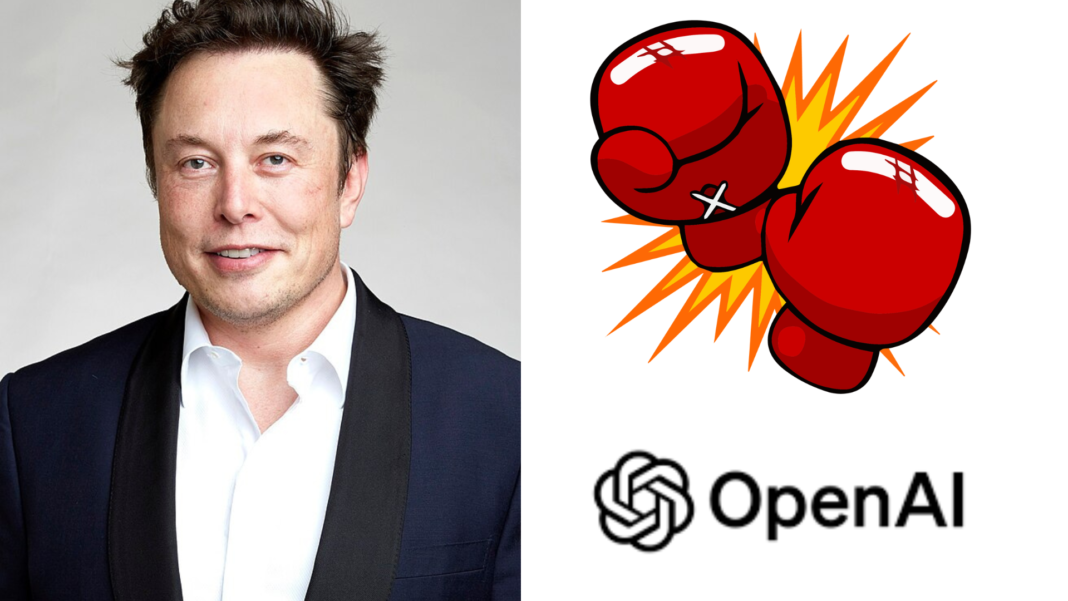Tech billionaire Elon Musk has revealed more details about his ongoing legal battle with OpenAI, alleging he stopped the company’s founders, Sam Altman and Greg Brockman, from launching an Initial Coin Offering (ICO) in 2018.
Musk claims that OpenAI’s proposed token launch would have harmed the company’s reputation and violated its mission to advance artificial intelligence (AI) for the benefit of humanity. He filed a new amended complaint on November 14.
The Long Story of Lawsuits
Although Musk’s lawsuit against OpenAI was initially dismissed in July, it was reinstated in August with new defendants, including Microsoft, LinkedIn co-founder Reid Hoffman, and former OpenAI board member Dee Templeton. The updated lawsuit also includes new plaintiffs, such as Musk’s AI company xAI and Neuralink executive Shivon Zilis.
A Clash Over OpenAI’s Mission
Elon Musk co-founded OpenAI in 2015 as a nonprofit organization aimed at ensuring artificial general intelligence (AGI) benefits humanity. Musk contributed $44 million to the venture and served as co-chair of its board.
However, tensions emerged in 2018 when OpenAI’s founders began discussing a token launch to address funding shortfalls. Musk argued that such a move would undermine OpenAI’s mission.
“Musk has long been concerned about the serious threat these advanced systems pose to humanity,” the amended complaint states. After disagreements over OpenAI’s direction and its transition to a for-profit model in 2019, Musk left the organization in 2018. OpenAI defended the transition, claiming it was necessary to secure the funding required for its ambitious AI projects.
Allegations of Unfair Competition
The revived lawsuit accuses OpenAI of abandoning its nonprofit roots and engaging in anti-competitive practices, including actions against Musk’s AI startup, xAI. Musk’s legal team alleges that OpenAI, with Microsoft’s support, is leveraging its influence to suppress competition.
The complaint describes OpenAI and Microsoft’s partnership as a “de facto merger,” giving OpenAI an unfair edge by accessing Microsoft’s infrastructure and expertise. According to Musk, xAI has struggled to obtain computing resources from Microsoft under terms as favourable as those granted to OpenAI.
“xAI has been harmed by, among other things, the inability to obtain compute from Microsoft on terms remotely comparable to what OpenAI receives,” the complaint states. It also accuses OpenAI of using exclusive agreements to share sensitive information with Microsoft.
Microsoft’s Role and Investments
Microsoft emerged as a critical player in OpenAI’s growth following its initial $1 billion investment in 2019. Since then, the tech giant has increased its total investment to $13 billion, acquiring a 49% stake in OpenAI’s profits.
Microsoft provides essential cloud infrastructure that powers OpenAI’s large-scale models, including those behind ChatGPT. Musk contends that this close relationship creates an uneven playing field, granting OpenAI advantages unavailable to other AI companies.
A Broader Conflict Over AI’s Future
This legal dispute underscores deeper tensions within the rapidly evolving AI industry. Musk has repeatedly warned about the existential risks posed by advanced AI systems and has expressed frustration over OpenAI’s shift toward profit-driven objectives. In 2018, he proposed merging OpenAI with Tesla to address funding issues but left when the idea was rejected.
In 2023, Musk launched xAI to develop AI technology aligned with his principles of safety and transparency. The lawsuit reflects his belief that OpenAI has strayed from its founding mission.
The case sheds light on the escalating competition and ethical challenges in the AI industry, where major players like OpenAI, Microsoft, and Musk’s xAI are fighting for dominance in a transformative and high-stakes field.


